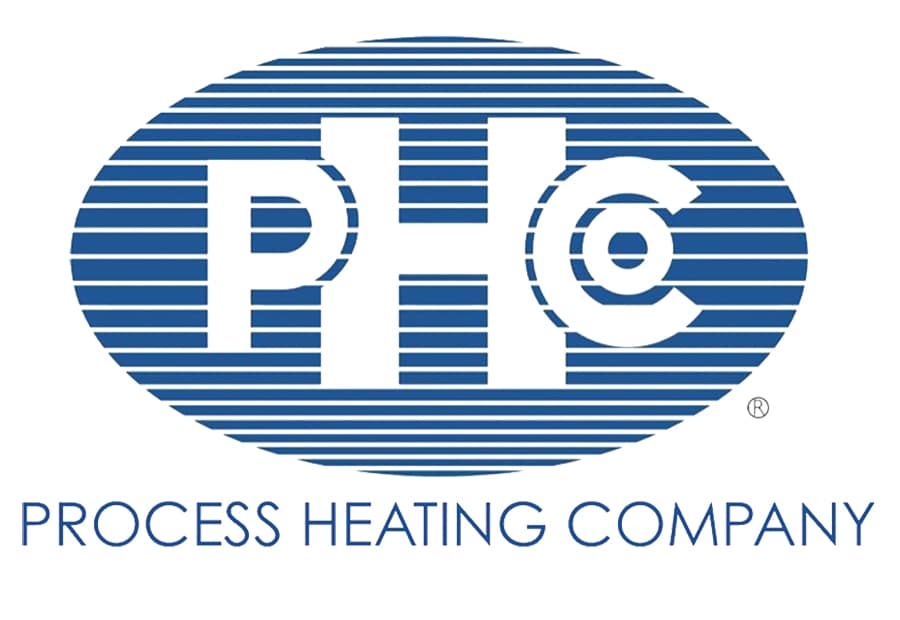Process Heating Company Inc.
BY AsphaltPro Staff

Categories:
- Plants/plant components pertinent to production
- Plant controls/automation
- Paving and/or compaction equipment/automation
Quality in the Industry
Process Heating Company (PHCo) Lo-Density® low-watt-density drywell-style heaters improve product quality because they dissipate controlled heat as low as three watts per square inch on the heater’s sheath. This prevents coking or damaging of temperature-sensitive asphalt, oil, and emulsion materials, as it also eliminates the need to drain and clean the tank. Because the drywell-style elements are accessible from outside the tank, they also may be serviced without draining it. Electric heat requires little maintenance, further reducing downtime.
Unitized Storage Tank Heaters can easily be installed into any above-ground tank or vat. Hot-Oil Heat Transfer Systems use PHCo’s Lo-Density heating elements with a patented coil-lock design that eliminates coking or carbonization of transfer fluids. Fuel-Oil Preheaters increase atomization, ensuring a smoother flow and more accurate temperature control for heavier or reclaimed fuel oils. Electric Distributor Truck Heaters safely heat and maintain temperatures for asphalt and emulsions, increasing quality and efficiency.
Sustainability with Asphalt
Lo-Density heaters provide unique environmental benefits that can help asphalt producers achieve sustainability goals, including those aligned with NAPA’s “The Road Forward” climate action plan. This is because low-watt-density electric heat operates without combustion or emissions, and it eliminates a source of fuel and material spills.
Electric heat is safe, consistent, and it offers 100% energy efficiency because all of the energy is used to heat, when compared to the inefficient burning of fossil fuels. In addition, the efficiency will always be 100%, even after many years of operation, without costly maintenance. Electric heat also eliminates stacks that must be monitored for emissions, along with eliminating air quality and boiler permits that must be pursued and maintained.
(206) 682-3414
